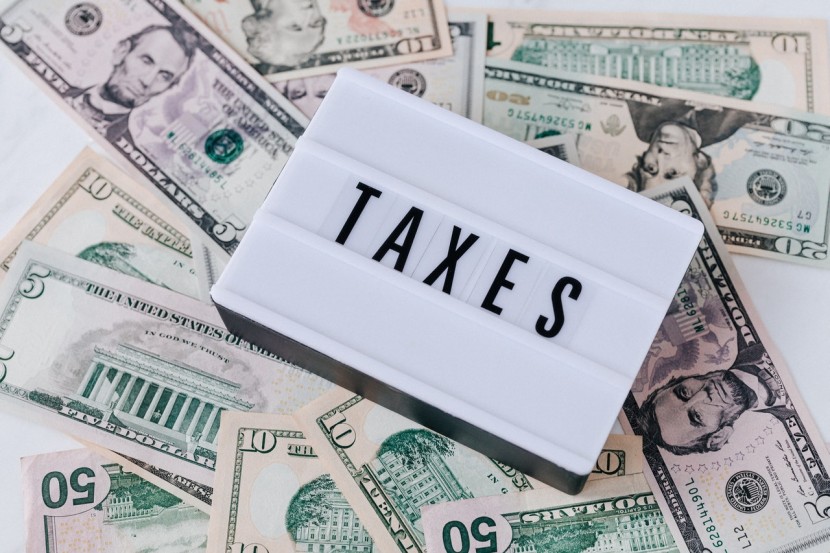The American Families Plan proposed by President Biden would make two significant adjustments to the taxation of investment income such as long-term capital gains and dividends.

Proposed Tax Rate To Fund the Infrastructure Bill
Higher taxes on long-term capital gains is now a top priority in Washington after it was initiated by US Pres. Joe Biden. The plans include raising the highest tax rate on investment, Forbes reported.
Taxpayers subject to the net investment income tax already paid an additional 3.8 percent, and they would continue to do so if any of the proposed increases are implemented. However, this will only happen once Biden's proposed tax rate for wealthy individuals and corporations obtain traction both in the House of Congress and Senate.
To help finance the $1.8 trillion American Families Plan, Biden proposed to raise the highest tax rate on long-term capital gains to 39.6 percent from the current 20 percent. This maximum rate would apply to families with a yearly income of more than $1 million, per CNBC News.
It can also be remembered that this proposal received negative reactions from the Republicans because of its potential adverse impact on the country's economy. The Republican Senators believed that this will discourage businessmen from investing in the country.
How To Avoid the Impending Increase of Tax Rate?
It is not too early to plan what you to do. It is better to prepare before one of the proposals gains momentum in Congress. However, it is too early to speculate on the income level at which a higher rate might be beneficial.
As suggested by Tax Policy Center, here are some ways that businesses and individuals can avoid higher capital gains:
- Owners of valued assets that take a long time to sell, such as small companies and real estate, should consider starting the selling process now and think about its closing by the end of the year. The greater your income, the more you will pay in capital gains taxes after 2021. More importantly, exploring alternatives for any highly valued assets in taxable accounts is essential.
- The easiest and most apparent step is to sell any highly valued assets in 2020 as soon as possible to guarantee that profits are taxed at a maximum of 20% plus any state tax rate. Consider all of the tax consequences of including large capital gains on your return before proceeding.
- Holding highly valued assets for the remainder of your life is the simplest and most advisable method to avoid capital gains taxes. Hand them over to your loved ones through your estate. The beneficiaries' tax basis in an inherited asset is increased to the fair market value on the date of your death under current legislation.
- Giving valued assets to family members at lower tax rates is another option that may be feasible as part of your estate planning. They may sell the assets and pay reduced capital gains taxes as a result. This boosts the family's wealth after taxes.
These are just some of the steps that an individual or a company can take to avoid the impending tax rate. Smart advisers and lawyers will seek methods for their extremely affluent clients to avoid the new capital gains taxes, just as they have sought ways to minimize inheritance taxes.
However, the legislation to increase the corporate tax will somehow restrict the efficacy of tactics when it comes to avoiding huge taxes. This is to ensure that the President's infrastructure bill will be funded once it gets traction in the House of Congress and Senate.
Related Article : Biden's Corporate Tax Hike Would Cost 1 Million Jobs, New Study Shows








